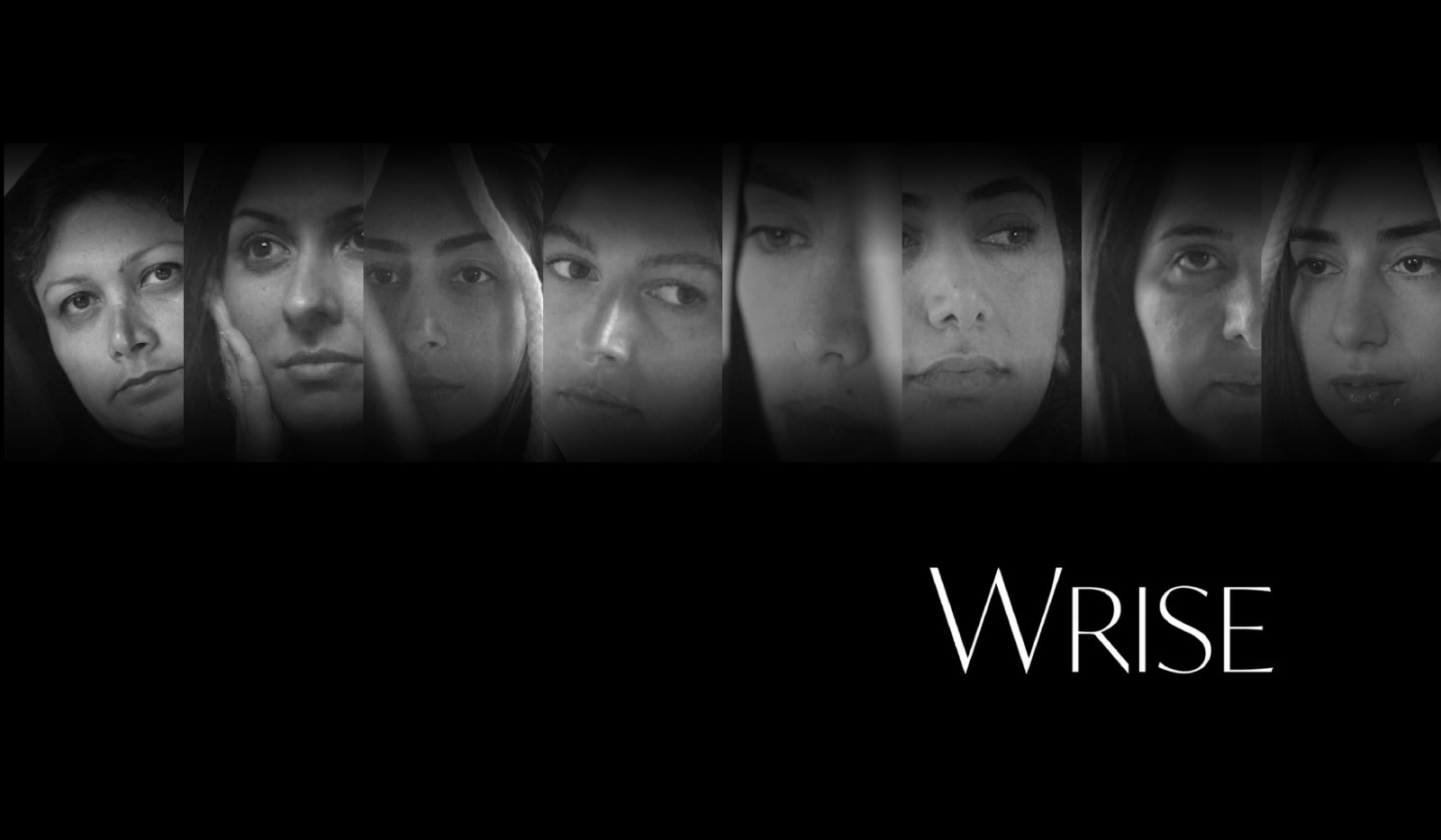

Welcome to the official website for the short film "Wrise".
This film follows the story of eight Iranian women who each represent a different occupation suffering from oppression in Iran. Through their struggle, these women represent the larger fight for women's rights in Iran.
The film begins with each character symbolically trapped in a space, unable to move, work, or have a normal life due to Iran's oppressive laws and societal norms. Women in Iran are not allowed to sing, dance, or put on makeup in public, and they must cover their bodies and hair or risk arrest by the "Morality Police." Writers and artists are also restricted from expressing themselves freely, and having pet dogs is forbidden. Being gay publicly could even cost one's life.
But these eight women find hope and inspiration in the pioneers of the "Woman Life Freedom" movement and begin to act. They move, work, and finally break free from their symbolic prisons.
The original soundtrack for the film "The Way" by Zack Hemsey provides a powerful backdrop to the story. The inclusion of traditional Iranian music, played by an Iranian musician using the Taar, brings a cultural element to the film and highlights the Iranian roots of the story.
The film was directed by Parisima Kouklan, a Melbourne-based artist passionate about telling stories through different mediums, including film and art. The videographer and filmmaker Ryan Lee Adams has a portfolio of short documentaries and brings his expertise to the production.
"Wrise" is a powerful testament to the strength and resilience of Iranian women fighting for their basic human rights. We hope this film will inspire audiences worldwide to support the fight for women's rights in Iran and beyond.
The idea for this movie was born from a single piece of music, "The Way" by Zack Hemsey, which captivated and inspired the director to create a symbolic representation of the pain and suffering of Iranian women.
Initially, the movie was intended to feature a trapped ballerina struggling to break free, but as events unfolded in Iran, the director's vision evolved. Following the tragic death of Mahsa Jina Amini and the subsequent Woman, Life, Freedom uprising, the director felt compelled to address the reality of women's oppression in Iran head-on.
With a renewed sense of purpose, the director gathered a group of women who shared her experiences and pain, and together they created a powerful and emotive story that shines a light on the struggle for freedom and equality in Iran.
Bringing this story to life required a team of talented individuals, and the director found the perfect collaborator in filmmaker Ryan Lee Adams. Adams' exceptional talent and sensitivity to the story's themes and message helped to create a visually stunning and emotionally powerful film.